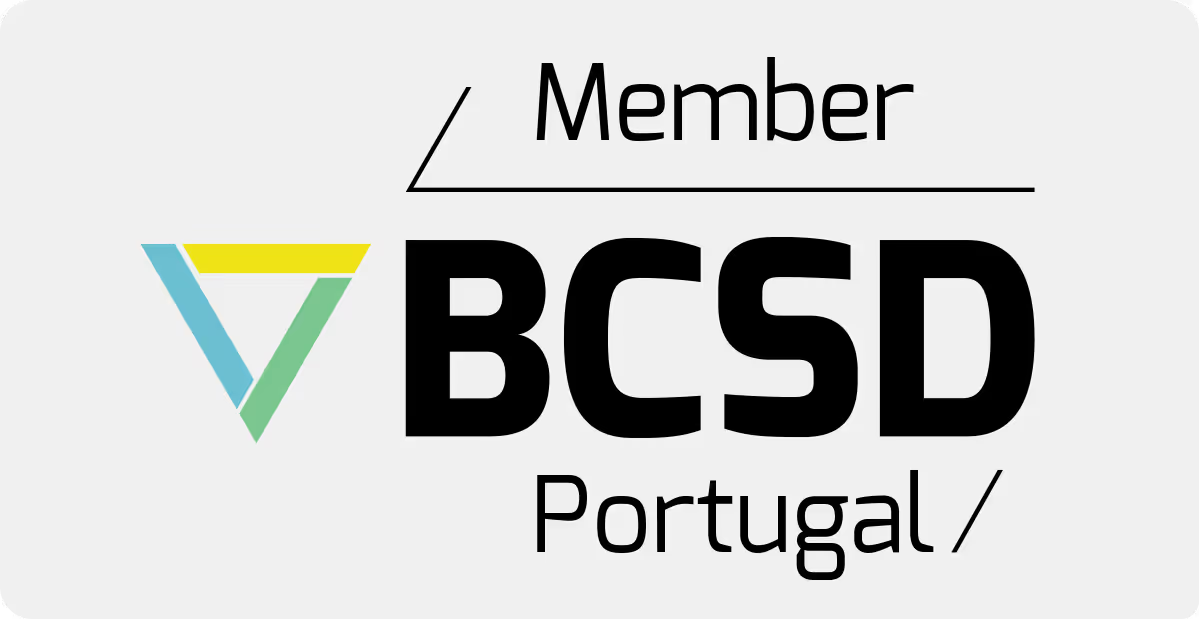
News
Autonomy and trust: the new bases for team management

Marco Barreiros, Chief Business Development Officer at ADENTIS, wrote an opinion article about changes in team management. Since time immemorial, humans have sought to extract positive sides from individual and collective tragedies that cross their path. It is an extraordinary trait that, in my opinion, has greatly contributed to our success as a species. to once again live up to our parchments: through the promotion of a work ecosphere based on the principle of mutual trust, greater individual responsibility and the sharing of goals in a more assertive way. I want to believe that nobody wants to do micromanagement. Nobody wants to invest in cumbersome mechanisms to control quantitative indicators when they are out of step with the functional context in question. No one expects, or should expect, that the implementation of these mechanisms will result in real, at least positive, impacts on individual or team productivity. I agree with the establishment of objectives and KPIs that are relevant and pertinent to the functions of each one, therefore, I do not confuse it with the implementation of somewhat obtuse control and monitoring strategies.
Telework makes you lose control: and that is not intrinsically negative
One of the main impacts on the technological sector of the pandemic period we are going through has to do with the predominance of new ways of providing work, in which remote work assumes a preponderant role. It has also become a preferred instrument for most people, for a variety of reasons. In this model, companies inevitably lose control over some more quantitative variables related, for example, to the schedule carried out by each one. And this is not inherently negative. In the midst of this huge learning curve for everyone, I prefer to focus on what we all gain:
1. Migrate the focus of investment to collaborative equipment and tools that do not limit the individual potential of each of its employees, nor the contribution they can make to projects;
2. Investing in strong onboarding processes and robust training programs, enhancing the long-term retention of their greatest talents should be the focus of organizations in order to maintain their levels of competitiveness in an almost unrecognizable market.
3. Reinforce recruitment criteria giving them a more personal character, more focused on the soft skills and potential of candidates, wherever they come from. It is important to remember that the retention mechanisms that we were familiar with, as well as the strategies used to generate and consolidate people's identification with the company's culture, have become little more than obsolete.
We are closer… being further away
In this new world map, it is important to find new ways of relating to those who work with us; new arguments that, every day, justify why they are with us and not with any other company. This theme also reflects an additional challenge, related to the way we view motivation and ways to increase it.
Not forgetting the strategies that foster team spirit, the reality is that different people have different triggers, different motivations, different priorities. If, on the one hand, this new reality – with people working in different continents – makes it difficult to implement group strategies (such as face-to-face events), on the other hand, it created the opportunity to be more in touch with the individuality of our colleagues – perhaps knowing them better and be in privileged conditions to meet their needs. It is necessary to be closer, being far away, from people. More attention needs to be paid to them and this may imply a re-foundation of the current monitoring models – and that is why managers should be here.
We know, and this pandemic period has reinforced this knowledge, that people stay working in the places where they feel happiest; and we also know that the cocktail of that happiness has different ingredients for each of us, in different amounts for everyone. More than fighting a reality that is clearly here to stay, more than fighting a change that is inevitable, or even trying to to reverse it, I believe that it is important that we are able to quickly capitalize on the advantages it has brought in terms of project management and people management. I go back to the beginning to emphasize the importance of refounding the foundations of work and creating an atmosphere of true trust and autonomy, without necessarily compromising the essential sharing of vision, objectives and values with the companies where we work.
We live in extraordinary times, let us all live up to it.








